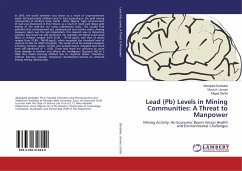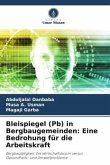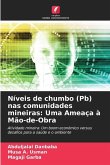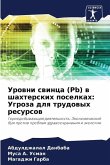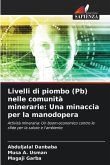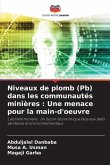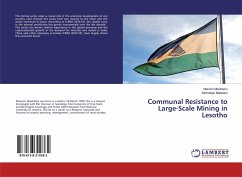In 2010, the world attention was drawn as a result of 'unprecedented' death toll (particularly children) due to lead poisoning in the gold mining communities of Zamfara State, North - West, Nigeria. High concentration of lead was discovered in their blood, as a result of small scale illegal gold mining of the lead-rich ore using rudimentary tools. This caused lead pollution that contaminated soil, underground and surface water. Among measures taken was the soil remediation; this research was to determine whether lead levels was still significant. For example, the Blood Lead Levels (BLLs) in children ranged from 32.20 - 157.60 µg/dL, and that of adults ranged from 37.80 - 146.40 µg/dL, which exceeded the threshold level of concern for BLL for WHO (10 µg/dL). The results of all the samples analysed, including common grains, human and animals blood, indicated lead levels were still significant (P 0.05). These lead levels are sufficient to cause brain damage in children and affects the Intelligence Quotient (IQ) of a child that makes learning difficult due to cognitive defect. Therefore, without learning capacity, manpower development cannot be achieved among mining communities.
Bitte wählen Sie Ihr Anliegen aus.
Rechnungen
Retourenschein anfordern
Bestellstatus
Storno

